
Beyond Politics: Nepal’s Cry for Economic Revival
The ongoing political debate in Nepal, revolving around the choice between a republic and a monarchy, has reached new heights. However, the focus on political ideologies has overshadowed a more pressing concern – the urgent need for economic revival. Nepal’s democracy, though rooted in intrinsic values, has failed to translate into meaningful economic outcomes, fostering a deep sense of injustice and powerlessness among its citizens. As political and economic populism gains traction, exacerbated by government inaction and a flawed financial sector, Nepal stands at a crossroads, demanding a shift towards sustainable economic growth.
Pseudo-Democracy and Its Consequences
The challenges faced by Nepal extend beyond mere political debates; they are symptoms of a deeper issue – the country’s pseudo-democracy. While democracy is revered for its intrinsic values, its instrumental facet, crucial for socio-economic and political transformation, remains under-realized. A nuanced and timely discourse on this matter is imperative to dispel illusions and positively impact people’s lives.
Short-Termism in the Financial Sector
Nepal’s financial sector is plagued by short-termism, channeling resources into unproductive assets like real estate and the stock market. Quarterly returns dominate, stifling long-term capital investment, innovation, productivity, and job creation. This myopic approach not only contributes to brain drain but also forms unholy alliances between corporate governance and corrupt politicians, exacerbating economic disparities. To reverse this trend, a shift towards responsible corporate governance and a recalibration of private sector priorities is essential for fostering genuine and sustainable growth.
Government’s Reactive Approach
The government’s response to economic challenges has been characterized by procrastination and reactive measures. Structural issues require a holistic overhaul rather than short-term fixes. The government must address the private sector’s disinterest in long-term capital investment, promoting a shift from trading to bolstering manufacturing and services. A paradigm shift is needed in economic organizations’ governance, relationship structures, and interactions among economic actors to foster confidence and long-term commitment.
Premature Deindustrialization
Globalization has accelerated premature deindustrialization in Nepal, shifting from agriculture to services, bypassing industry-led growth. This shift has negative implications for economic growth, leading to job loss and a lower comparative advantage. Reindustrialization becomes imperative to fill the gap in labor demand, especially for semi-skilled and unskilled workers. Designing tools to facilitate this transition is crucial for economic rejuvenation.
Democracy’s Economic Efficacy
The public’s call for democracy has historically been driven by aspirations for increased job opportunities, improved livelihoods, and better public services. While intrinsic democratic values are essential, they alone cannot sustain a system. Democracy must also demonstrate economic efficacy, delivering tangible results to garner extensive support and credibility. Rethinking corporate governance, adopting a mission-oriented approach, and reawakening the government are key steps toward overcoming structural economic challenges and ensuring a delivery-centered democratic reorientation.
In conclusion, Nepal’s cry for economic revival transcends political ideologies. A comprehensive approach addressing short-termism, government inertia, premature deindustrialization, and the essence of democracy as an economic force is crucial. Only through concerted efforts and a commitment to sustainable growth can Nepal pave the way for a brighter economic future, ensuring that democracy not only endures but thrives as a catalyst for progress.



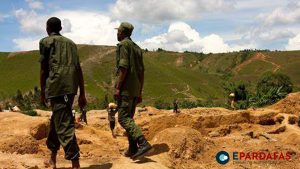
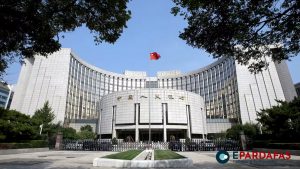
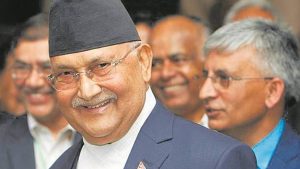

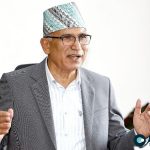



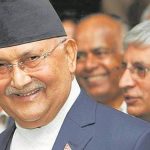

Comments